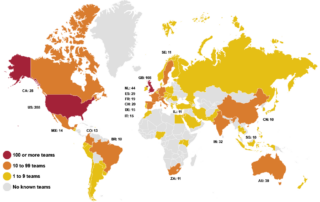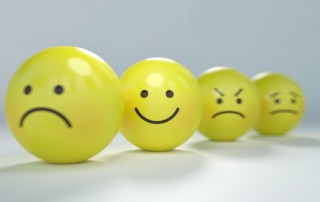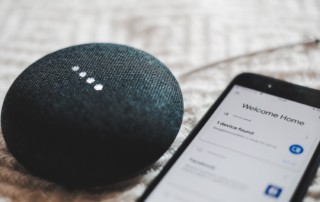Reimagining Behavioral Science: Reflections on Equity from the 2024 Presidential Campaign
Behavioral science has continued to evolve, but there remains a need to shift our focus beyond individual-focused nudges toward a more systemic approach. In Antiracist by Design, we begin to explore how the field of Applied Behavioral Science can identify the impact of social and economic contexts as we explore opportunities to promote more equitable, impactful interventions in the field.










